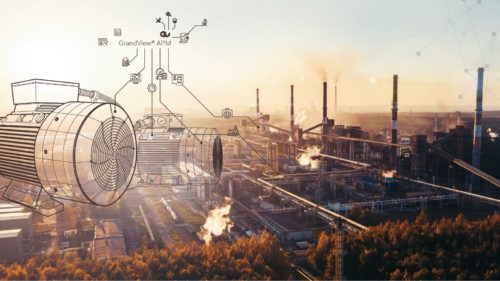How artificial intelligence and machine learning are changing process manufacturing
Manas Dutta, a general manager for Honeywell’s Workforce Excellence Growth Initiative, discusses the changes happening in process manufacturing and the impact artificial intelligence and machine learning (AI/ML) is having and will have in the industry.
Artificial intelligence and machine learning (AI/ML) insights
- Process optimization is key:The foremost challenge in process manufacturing is optimizing production, cost and efficiency.
- Integration and interoperability are crucial:Future of AI/ML in manufacturing hinges on uniting diverse departments and technologies for maximum benefit.
Manufacturing has gone through many changes in the last several years and artificial intelligence/machine learning (AI/ML) has the potential to change it even more. Manas Dutta, a general manager for Honeywell’s Workforce Excellence Growth Initiative, discussed several changes happening and what he thinks the future of AI/ML is in process manufacturing. Dutta did a recent interview in May and a webinar in February with CFE Media and Technology on the connected worker and digital transformation.
Dutta said process manufacturers are looking to overcome several challenges in the industry. “The utmost challenge is process optimization. The production, cost optimization and increasing the efficiency of the production,” he said.
He listed several other challenges companies are dealing with:
Energy management.Dutta said costs are rising in the industry and it is impacting production costs. They’re looking for solutions to reduce greenhouse gas emissions and optimize costs and AI/ML use cases are helping companies explore potential solutions to the problem.
Asset management.Dutta said companies are looking to extend the lifespan of their products and equipment. Predictive maintenance is a major factor and also can help reduce maintenance and repair costs.
Human reliability improvement.人与机器之间的协作they work with is a critical one, Dutta said, because workers, with the right tools, can make better decisions on a day-to-day basis.
Sustainability.“Every process industry is looking for sustainability and they all have their own sustainability goals,” he said.
Dutta said a major challenge he’s been facing is getting companies on board with the plan to improve and help them realize AI/ML’s potential. This requires a level of transparency and trust from both sides and a willingness to openly communicate with one another. If this isn’t established up front, then it doesn’t matter what happens afterward because any solutions will be incomplete and lack the full scope needed for a company to succeed.
Looking to the future, Dutta believes the next steps for AI/ML in process manufacturing includes building the information silos and bringing integration and interoperability across different aspects of the technology platform as well as different organizations in a manufacturing company.
“If you look at the manufacturing facility, there are different departments doing different things,” he said. “Bringing that integration and interoperability together, between technologies and different department within the organization is a very important aspect to get to that AI/ML full benefit.”
Chris Vavra, web content manager, CFE Media and Technology,cvavra@cfemedia.com.
Do you have experience and expertise with the topics mentioned in this content? You should consider contributing to our CFE Media editorial team and getting the recognition you and your company deserve. Clickhereto start this process.








